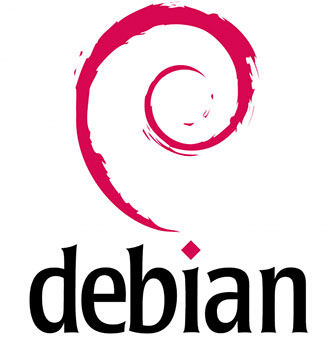
Chkrootkit is a powerful Unix utility designed to help system administrators protect their systems from rootkits. Rootkits are a type of malware known for gaining unauthorized access to computer systems and pose a serious threat to the security of Debian Linux.

Ensuring that systems are kept up to date is a fundamental best practice in system administration. Before installing new software, run the following command to update your Debian system:
sudo apt update sudo apt upgrade
This command will update the package list for upgrades and new package installations.
Step 2. Install Chkrootkit 12.
on DebianAfter updating your system, you can now install Chkrootkit. Since Chkrootkit is available in Debian repositories, the installation process is very simple. Execute the following command to install Chkrootkit:
sudo apt install chkrootkit
This command will get the Chkrootkit package from the Debian repository and install it on your system.
After the installation is complete, it is a good idea to verify it. You can do this by checking the Chkrootkit version. Run the following command:
sudo chkrootkit -V
The first step is to download the Chkrootkit source code from its official FTP site. You can download files from the command line using the wget command:
wget ftp://ftp.chkrootkit.org/pub/seg/pac/chkrootkit.tar.gz
Before compiling Chkrootkit from source code, you need to install some necessary development tools. The following command will install the GCC compiler, the "make" utility, and a set of libraries and utilities called "build-essential" that are required to create executables from source code:
sudo apt install gcc make build-essential
After installing the necessary development tools, you can extract the Chkrootkit source code and compile it. Navigate to the directory where you downloaded the source code and run the following command:
tar -xzf chkrootkit.tar.gz cd chkrootkit-* make sense
As with the APT method, you can verify the installation by checking the Chkrootkit version:
./chkrootkit -V
Step 3. Running Chkrootkit on Debian.
After installing Chkrootkit, you can now scan your system for potential rootkits. To do this, run Chkrootkit using the following command:
sudo chkrootkit
This command will initiate a full scan of the system, reporting any potential rootkits discovered. It is recommended to run this scan regularly to ensure your system remains secure.
Thank you for using this tutorial to install the latest version of Chkrootkit on Debian 12 Bookworm. For more help or useful information, we recommend checking out the official Chkrootkit website.
The above is the detailed content of How to install Chkrootkit 12 on Debian. For more information, please follow other related articles on the PHP Chinese website!




